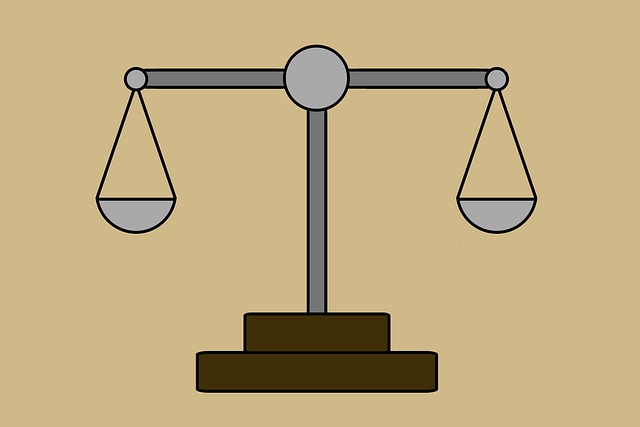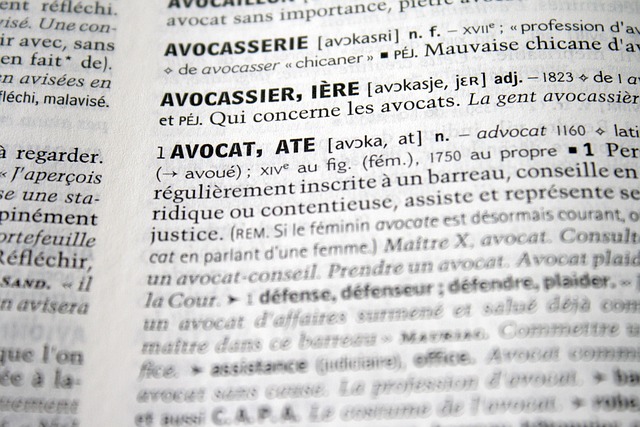Securities class actions, a cornerstone of civil law, empower investors to collectively address violations through the court system, focusing on breach of contract examples like misrepresentations, accounting fraud, and regulatory breaches. These cases involve a systematic legal process from initial claim to justice enforcement, emphasizing specialized teams' expertise in specific contracts and market dynamics. Understanding civil law nuances and strategic considerations, as seen in prominent breach of contract case examples in civil law, is vital for both plaintiffs seeking redress and defendants aiming to mitigate risks through robust defenses.
Securities class actions, a powerful tool for investors, offer collective legal redress against corporate misconduct. This comprehensive guide explores the intricate world of securities litigation, focusing on breach of contract claims under civil law. We delve into real-world examples where investors united to hold wrongdoers accountable. From understanding key concepts to examining successful strategies and their impact, this article provides valuable insights into breach of contract cases, illuminating both legal processes and preventative measures.
- Understanding Securities Class Actions: A Comprehensive Overview
- What Constitutes a Breach of Contract in Civil Law?
- Common Case Examples: When Investors Unite
- The Legal Process and Strategies Employed in Class Actions
- Impact and Prevention: Lessons from Real-World Breach of Contract Cases
Understanding Securities Class Actions: A Comprehensive Overview

Securities class actions are a crucial aspect of civil law, providing a mechanism for investors to take collective action against entities accused of violating securities laws. These legal proceedings encompass a wide range of issues, with breach of contract case examples being prominent in the civil law landscape. When an investor believes their rights have been infringed upon by a company or individual, they can join together with other affected parties to file a class-action lawsuit.
This process involves all stages of the investigative and enforcement process, from identifying the breach to gathering evidence and ultimately securing justice. The unprecedented track record of successful securities class actions demonstrates their effectiveness in holding wrongdoers accountable. Moreover, the ability to win challenging defense verdicts ensures that investors have a powerful tool to protect their interests, showcasing the significance of these cases in the legal realm.
What Constitutes a Breach of Contract in Civil Law?

In civil law, a breach of contract occurs when one party fails to fulfill their obligations as outlined in an agreement. This can take many forms, from failing to deliver promised goods or services, to providing subpar quality, or even non-payment. For instance, consider a construction project where the contractor promises to build a house but significantly deviates from the agreed-upon plans, using inferior materials and completing well past the deadline. This would clearly constitute a breach of contract. Similarly, if an employer agrees to provide health insurance as part of an employee’s compensation package and subsequently reduces or eliminates this benefit without justification, it could lead to legal action for breach of contract.
White-collar defense strategies often come into play when individuals or entities face breach of contract cases, especially in complex business transactions. Plaintiffs aiming to prove a breach must demonstrate that the defendant had a contractual duty, that they failed to fulfill this duty, and that this failure caused damages. Achieving extraordinary results in such cases requires a thorough understanding of both the specific contract and broader legal precedents. An unprecedented track record in navigating these complex scenarios can significantly impact the outcome for clients.
Common Case Examples: When Investors Unite

When investors feel their rights have been violated, they often unite to file securities class action lawsuits. These cases typically arise from a perceived breach of contract or fiduciary duty by companies and individuals involved in the financial markets. Common examples include instances where companies misrepresent material facts, engage in accounting fraud, or violate regulatory requirements. Investors may band together when they believe they have been subjected to false advertising, manipulation of stock prices, or failure to disclose critical information related to their investments.
Breach of contract case examples in civil law are prevalent in securities class actions. Shareholders might claim that a company has violated the terms of offering or subscription agreements, leading to significant financial losses. Winning challenging defense verdicts in such cases requires a deep understanding of both the specific legal provisions and the broader market dynamics at play. This is where specialized legal teams, including general criminal defense and white-collar defense experts, come into focus, ensuring that all angles are considered and presented effectively in court.
The Legal Process and Strategies Employed in Class Actions

The legal process of class actions involves a series of carefully orchestrated steps designed to achieve justice for a large group of individuals who have suffered similar harms. It begins with the filing of a complaint, which outlines the alleged wrongdoings and seeks redress on behalf of the entire class. In the context of breach of contract cases under civil law, this may involve examples such as companies misrepresenting product quality or failing to deliver promised services. Once filed, the court conducts preliminary hearings to assess the viability of the case and determine if it can proceed as a class action.
Strategic considerations play a pivotal role in these cases. Plaintiffs’ attorneys often employ innovative legal arguments and evidence gathering techniques to strengthen their position. This may include leveraging document discovery to uncover breaches of contract, deposing key witnesses, and presenting expert testimony to demonstrate the extent of harm suffered by the class members. The ultimate goal is to secure a favorable settlement or judgment that compensates all affected parties fairly, while also deterring future misconduct by the respective business entities. Moreover, understanding the nuances of civil law and strategically navigating general criminal defense issues can be pivotal in avoiding indictment for what are essentially civil disputes.
Impact and Prevention: Lessons from Real-World Breach of Contract Cases

The impact of a breach of contract can be significant, leading to financial losses, reputational damage, and legal complexities. Real-world breach of contract case examples in civil law offer valuable insights into prevention strategies. For instance, a study of high-profile cases reveals that clear, detailed contracts with well-defined terms and consequences can significantly mitigate risks. A general criminal defense approach, focusing on understanding the intent behind contractual obligations, is crucial.
Moreover, successful jury trials in breach of contract disputes often hinge on presenting strong evidence and compelling arguments. Winning challenging defense verdicts requires meticulous preparation, expert witnesses, and a strategic approach to countering plaintiff claims. These lessons underscore the importance of proactive measures and robust legal defenses in safeguarding against contractual breaches.
Securities class actions serve as a powerful mechanism for investors to hold accountable those who have committed breaches of contract in civil law. By examining real-world breach of contract cases, we can glean valuable insights into the legal strategies and impacts that shape these complex matters. Understanding both the processes involved and the common examples that spark such actions is essential for navigating this intricate landscape. Through these lessons, investors and legal professionals alike can better prepare to prevent and resolve securities-related disputes, ensuring fairness and justice in the financial realm.






